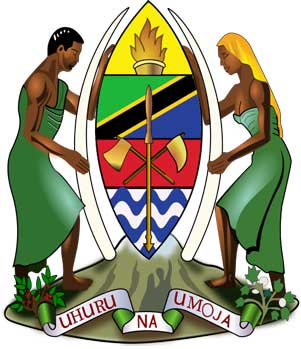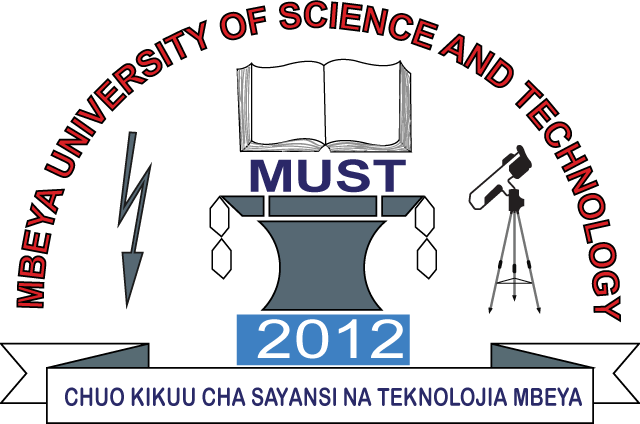
The United Republic Of Tanzania
Ministry of Education, Science and Technology
Mbeya University of Science and Technology
Leading Centre of Excellence for Knowledge, Skills, and Applied Education in Science and Technology


Leading Centre of Excellence for Knowledge, Skills, and Applied Education in Science and Technology

About the Department
The Department of Applied Sciences (AS) began in 2019 after the transformation from the Department of Science and Business Management. It is situated in the College of Science and Technical Education (CoSTE) at Mbeya University of Science and Technology Main Campus 10 km outside Mbeya city center and about 3 Km from the Mbeya – Tunduma Highway. The road to CoSTE branches from the highway at the Iyunga – TAZARA area.
Academic programmes
The Department of Applied Sciences is pride to lead the application of scientific knowledge, research and innovation to solve real world problems. The department play a pivotal role to impart knowledge and hands on skills to our students as well as the community through outreach activities, applied research and consultancy. In doing so we contribute to national and global economic development. Currently, we offer two programmes in Laboratory Science and Technology;
Bachelor of laboratory Science and Technology
A three years programme that is designed to train competent and reliable laboratory technologists who are well equipped with diverse job skills to meet the demand in industrial, research and education laboratories.
Entry qualifications/requirement
Entry1: Form six holders
Two principal passes of at least “D” grade at Advanced Level in Biology and Chemistry or Physics and must have a Certificate of Secondary Education Examination (CSEE) with a pass in Mathematics, Physics, Chemistry and Biology
OR
Entry2: Diploma holders
Holders of Diploma (NTA level 6) in Laboratory Sciences and Technology with an average of B or GPA not less than 3.0 and Possession of Certificate of Secondary Education Examination (CSEE) with a pass in Mathematics, Physics, Chemistry and Biology
OR
Entry 3: Certificate holders
Possession of Full Technician Certificate (FTC) in Laboratory Technology respectively, all with an average of B and Possession of Certificate of Secondary Education Examination (CSEE) with a pass in Mathematics, Physics, Chemistry and Biology
Skills
Career/employment opportunities
Diploma in laboratory Science and Technology
A three years programme that is designed to train competent and reliable laboratory technicians, who are well equipped with diverse job skills to meet the demand in industrial, research and educational sectors.
Entry qualifications/requirement
Entry 1: The entry requirements for the candidates applying for Diploma in Laboratory Science and Technology shall be possession of Certificate of Secondary Education Examination (CSEE) with a minimum “D” pass in at least four (4) non-religious subjects which must be Mathematics, Physics, Chemistry and Biology
OR
Entry 2: Possession of Certificate of Secondary Education Examination (CSEE) from Technical Secondary Schools with a minimum “D” pass in at least four (4) non- religious subjects, Mathematics, Engineering Science, Chemistry and Biology.
OR
Entry 3: Possession of Trade Test Grade I / NVA Level III issued by VETA and Certificate of Secondary Education Examination (CSEE) with a minimum “D” pass in at least four (4) non-religious subjects, two (2) of which must be among the following: Mathematics, Physics, Chemistry or Biology.
Skills
Career/employment opportunities
Research portfolio and consultancy
Our research areas in applied sciences focus on the following fields;
| SN. | Name | |
|---|---|---|
| 1 | Bachelor of Food Science and Technology | View |